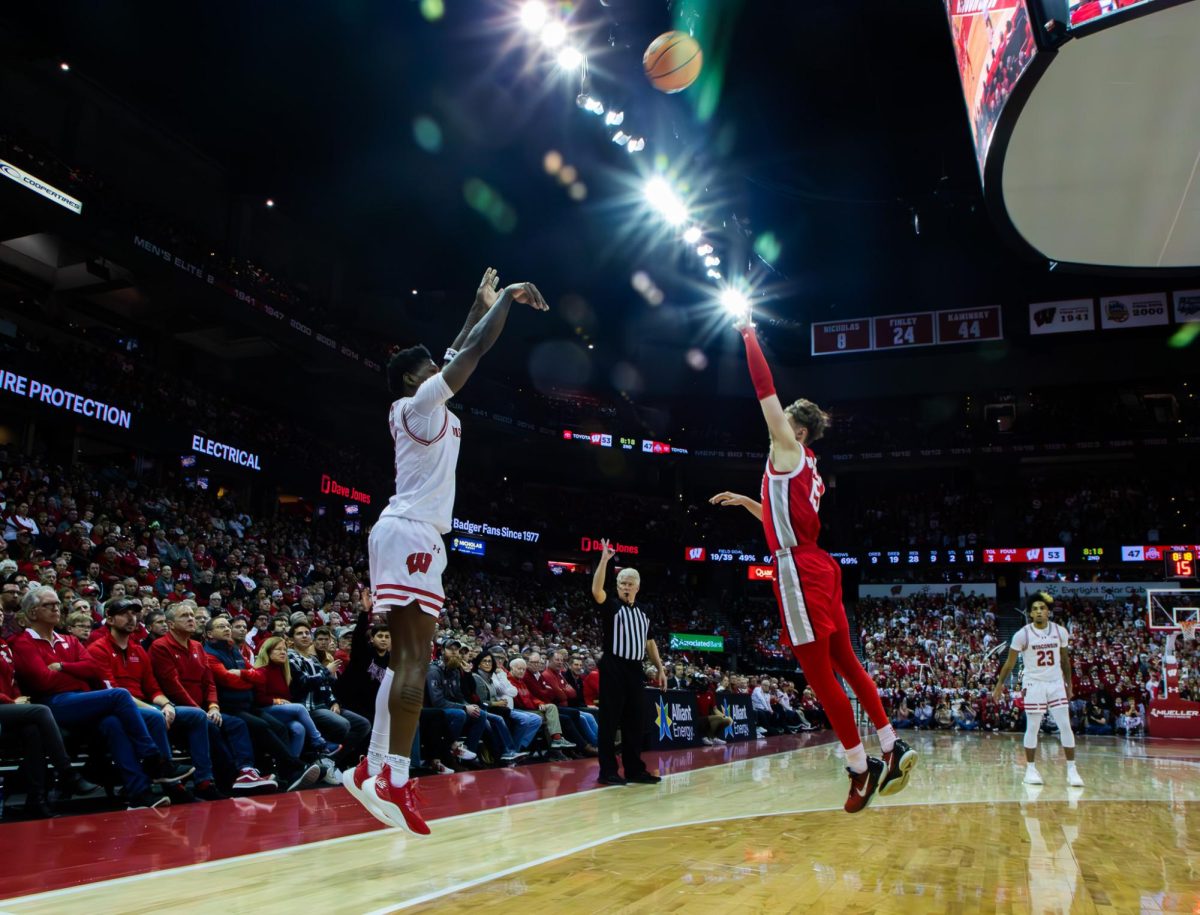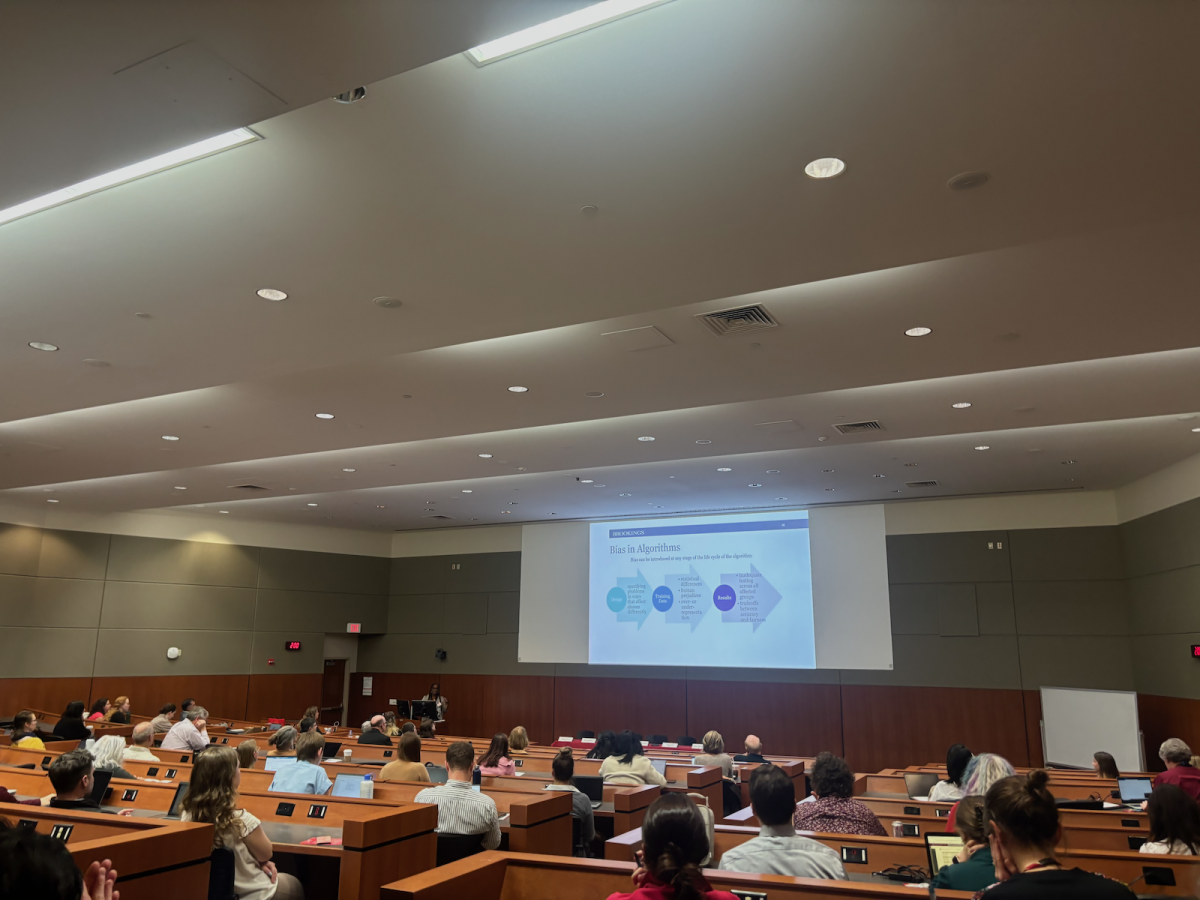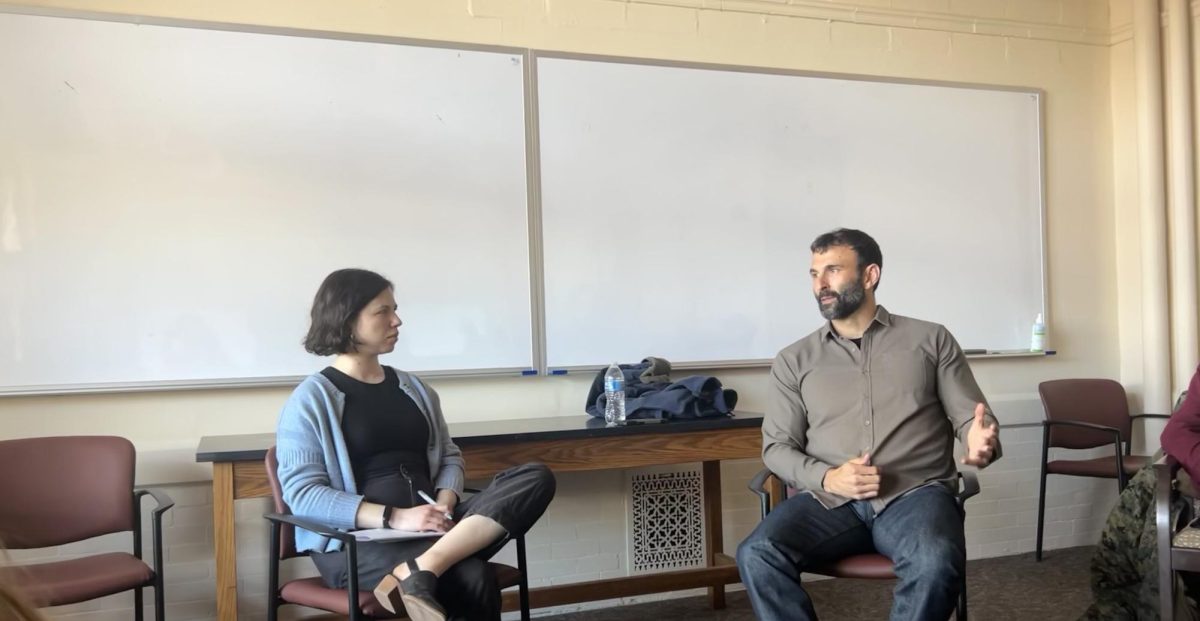For as long as the term “gaydar” has been around, its users and believers have dismissed the implications that come with assuming someone is gay. One University of Wisconsin scientist has challenged this belief.
William Cox, an assistant scientist in UW’s department of psychology, disputed the existence of gaydar with findings from his study that indicate it is just another form of stereotyping.
Raised by multicultural parents, Cox, a gay man himself, said his family experiences shaped his interest in stereotypes and prejudice at a young age. He completed his undergraduate degree at the University of Florida, where he began to take a scientific approach in understanding how stereotypes are perpetuated in different social groups.
“For sexual orientation groups, some of the main reasons the stereotypes exist are to identify who’s supposedly gay,” Cox said. “Generally people don’t like stereotyping. They see it as bad or inappropriate. But if you give it this other label, it makes it easier to do it.”
A 2008 study by Nicholas Rule, a psychologist at Tufts University, gave the term credibility when its findings found it was possible to guess one’s orientation based off appearance.
The study collected photos of gay men from dating websites and cropped them so the images were only the man’s face. The photos were presented to participants who then guessed if the man was gay or straight. The findings showed participants’ answers were supposedly found to be accurate, not random.
As the gaydar myth continued to be propagated in society, Cox realized gaydar is a cultural idea operating as a label for stereotyping gay people.
Cox said about five percent or less of the American population people are gay, leaving it statistically impossible for someone to have accurate gaydar.
After replicating the work done in the 2008 study, Cox also found that the pictures misguided participants, as the quality of the gay men’s profile pictures was better than that of straight men.
“If there is no quality matching you get this effect where people are slightly better than chance at identifying the gay men and the lesbians,” Cox said. “When the qualities are matched there’s no effect at all.”
In his studies, Cox and his team created profiles of fictitious men with various personalities and showed them to participants. In choosing the personalities, Cox said they picked stereotypically gay, neutral and stereotypically straight interests to be associated with the men.
Cox placed the participants under three conditions where he either told them gaydar was a real and credible phenomenon, said nothing at all or that gaydar is actually a form of stereotyping.
“In the condition where we told participants gaydar is real, they stereotyped much more,” Cox said. “Under the third condition, people pulled back and stereotyped less.”
But Cox said these findings only confirmed that when people are aware or told that gaydar is stereotypical, they are more likely to do it less on their own accord.
When participant’s knowledge of gaydar led them to assuming more men were gay, Cox said the legitimizing of stereotyping processes makes people more frequently use stereotypes themselves.
“Perpetuating stereotypes has a lot of negative consequences and effects on how people perceive stereotyped groups,” Cox said. “I hope that people just be more thoughtful when making assumptions about other people.”

















